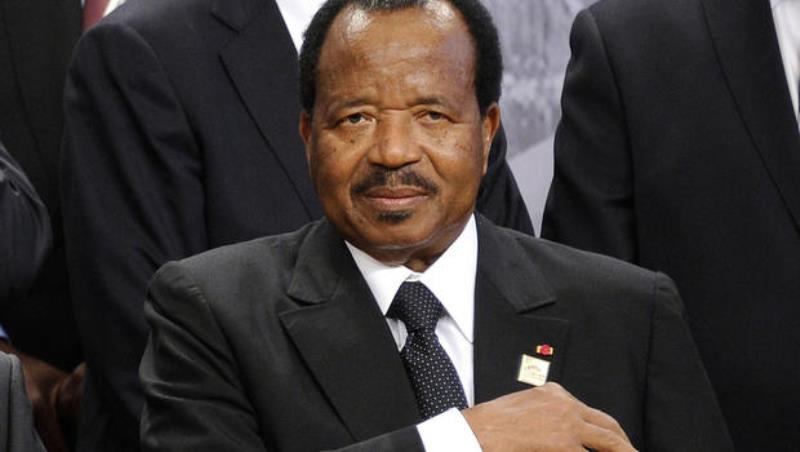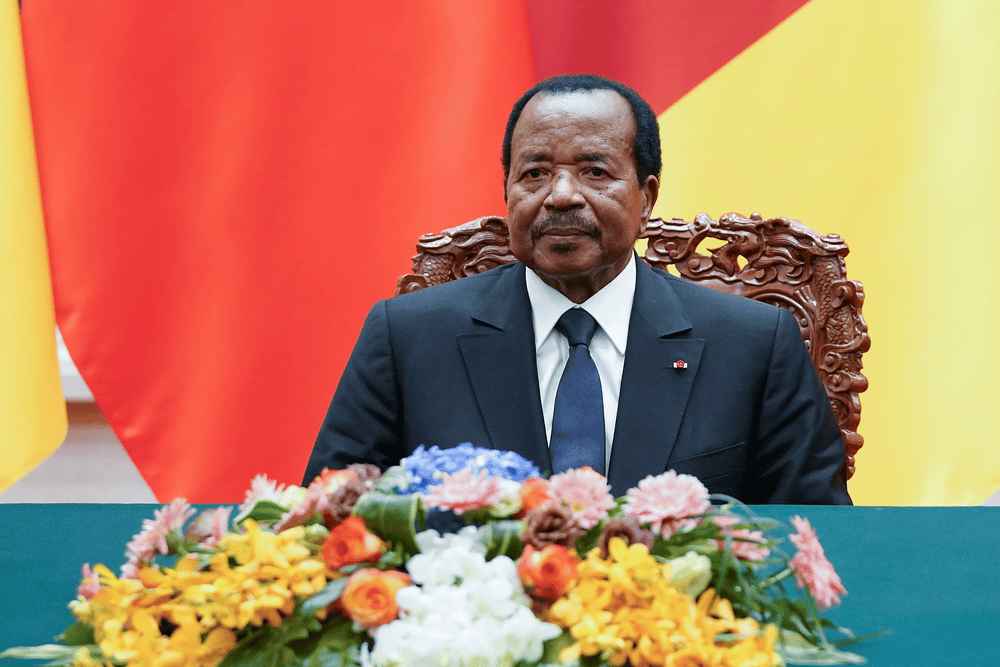
Human Rights Watch urges Cameroon to reveal details of Ngarbuh massacre
Human Rights Watch is demanding Cameroon publish the findings of an investigation into the February massacre of 21 civilians, including 13 children and a pregnant woman.

The government has formally denied responsibility for the killings in Ngarbuh village, North-West region, but investigations by journalists and nongovernmental organizations, including Human Rights Watch, have documented compelling evidence that points to the Cameroonian military’s responsibility for the killings.
“It has been two months since the Ngarbuh massacre, which stands as a prime example of the impunity for the Cameroonian security forces,” said Lewis Mudge Central Africa director at Human Rights Watch. “Cameroon’s government should immediately make the findings of its investigation public and ensure that those responsible are brought to justice.”
The killings in Ngarbuh were widely condemned, including by the United Nations Secretary-General, the UN High Commissioner for Human Rights, the European Union, the United States, the United Kingdom, France, Canada, and the Nobel Women’s Initiative. On February 22, referring to the killings, French President Emmanuel Macron promised to exert “maximum pressure” on Biya to end “Cameroon’s intolerable human rights violations.”
The Human Rights Watch findings on Ngarbuh were corroborated by investigative journalists from the New York Times. The New Humanitarian, Cameroonian Civil Society Organizations, and the Catholic Church also issued reports accusing the army of responsibility for the massacre.
Despite the widespread condemnation of the crimes in Ngarbuh, the government has remained largely silent and instead engaged in a smear campaign against national and international organizations. In a March 9 statement, the territorial administration minister, Paul Atanga Nji, accused media, nongovernmental groups including Human Rights Watch and Amnesty International, and UN agencies of – among other things – fueling terrorism, destabilizing Cameroon, and producing fake reports to tarnish the image of Cameroon’s security forces.
The attack in Ngarbuh was not an isolated case, but part of a larger pattern of serious human rights abuses by the Cameroonian security forces in the Anglophone regions, Human Rights Watch said. Human Rights Watch has documented multiple abusive counterinsurgency operations by the security forces in the North-West and South-West regions since 2017.
Research has found that government forces have killed civilians, burned dozens of villages, arbitrarily arrested, and tortured hundreds of alleged armed separatists. Armed separatists have also been responsible for serious abuses. They have targeted civilians, kidnapped hundreds of people, tortured and killed perceived opponents, and used intimidation and violence to keep children and their teachers out of school. In February, separatists prevented local elections from taking place.
Violence in the Anglophone regions over the last 3 years has claimed an estimated 3,000 lives and caused the displacement of over 730,000 civilians.






